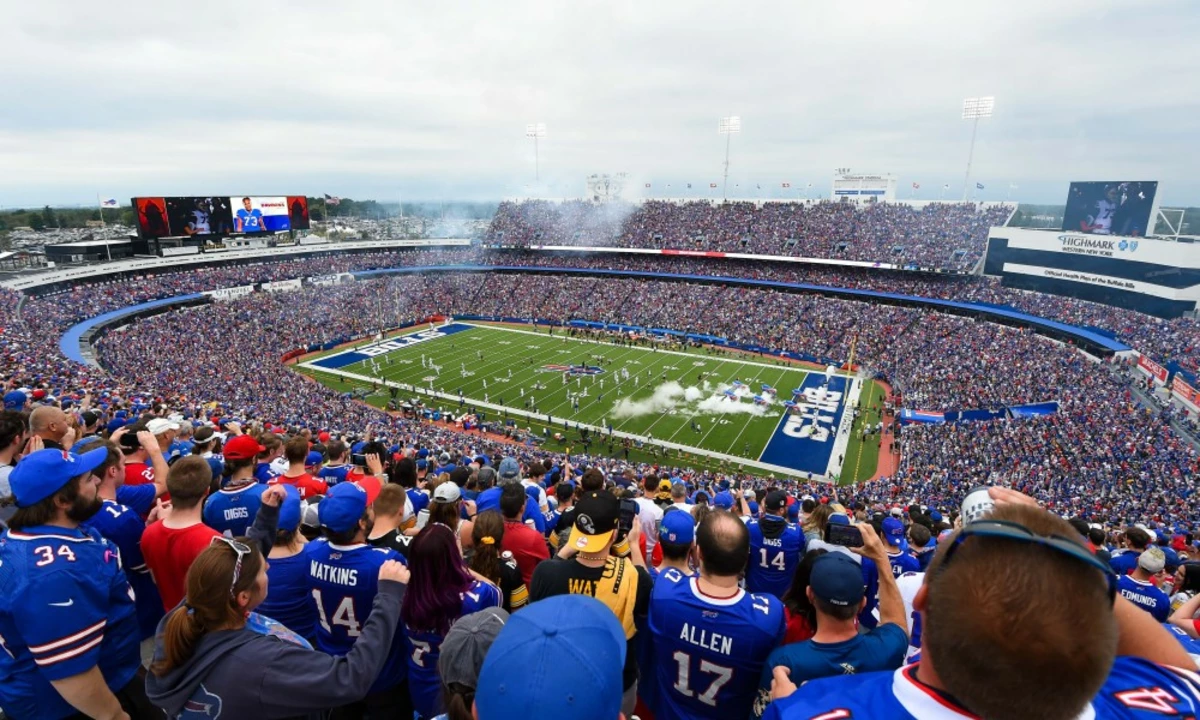Examining the Reasons Behind the Short NFL Season: Understanding the Benefits and Challenges
The National Football League (NFL) is one of the most popular sports leagues in the United States. But what many don’t realize is that the NFL season is surprisingly short when compared to other professional sports leagues, such as the NBA or MLB. So why is the NFL season so short? Let’s take a look at the main reasons behind the limited NFL season, and explore the benefits and challenges associated with it.
Excessive Risk of Injury
The NFL is a full-contact sport, and the physicality of it puts players at risk of serious injury. It’s no secret that football is one of the most dangerous sports, and the shorter season helps to minimize the risk of injury to players. By keeping the season short, teams can limit the amount of time that players are exposed to potentially dangerous situations, thus reducing the risk of injury.
Concerns Around Player Fatigue
Another reason why the NFL season is so short is the concern around player fatigue. Football is a very demanding sport, both mentally and physically, and players are at risk of burning out if the season is too long. By limiting the length of the season, teams can help ensure that players remain healthy and well-rested for the duration of the season.
Financial Incentive
The NFL season is also kept short for financial reasons. The shorter season allows teams to generate more revenue, as they can charge more for tickets and merchandise since there is a limited number of games. It also allows teams to maintain their competitive edge by preventing players from becoming complacent or burnt out.
Competition From Other Leagues
Finally, the NFL season is kept short to ensure that it remains competitive with other major sports leagues. The NFL competes with the NBA and MLB for fans and viewers, and a shorter season helps to keep its appeal alive. By offering a shorter season, the NFL can maintain its status as one of the most popular sports leagues in the US.
Benefits and Challenges of the Short NFL Season
The short NFL season has both benefits and challenges associated with it. On the one hand, it helps to reduce the risk of injury and fatigue to players, as well as generating more revenue for teams. On the other hand, it can make it difficult for teams to maintain their competitive edge, and makes it difficult for them to compete with other major sports leagues.
Conclusion
The NFL season is surprisingly short when compared to other professional sports leagues, and there are several reasons behind it. The main reasons are the risk of injury, concerns around player fatigue, financial incentive, and competition from other leagues. While the short season has its benefits, such as reducing the risk of injury and fatigue, it also has its challenges, such as making it difficult for teams to remain competitive. However, it is clear that the shorter season is beneficial for the NFL in the long run.
Why is the NFL season so short?
The National Football League (NFL) season is one of the shortest in all of major American sports, lasting only 17 weeks. This might seem like a short season compared to other sports, but there is a method to the madness. In this article, we will explore why the NFL season is so short and the potential benefits it can bring to teams and fans.
Competitive Balance and Parity
One of the main reasons for the short NFL season is to promote competitive balance and parity. This is done by ensuring that teams have similar playing records and that the gap between the best and worst teams is not too large. With the shorter NFL season, the League can better control for teams that have a sudden surge in performance or those that suffer a sharp decline. This makes the NFL a much more competitive league, and it also keeps the playing field level.
To further promote parity, the NFL also has a salary cap. This ensures that teams cannot overspend on star players and that they must spread their resources evenly. The salary cap also helps to keep the roster sizes of each team relatively equal and to prevent teams from stockpiling top talent.
Player Safety
The NFL also has a shorter season in order to protect the health of its players. The league is well aware of the dangers of long-term injuries, such as concussions, and is taking proactive steps to reduce the risk. A shorter season helps to reduce the amount of time players are exposed to the physical risks of the game, and it also allows teams to give their players more rest and recovery time.
In addition to the physical risks, the NFL also limits the number of contact practices that teams can have. This helps to ensure that players are not over-practicing, which can lead to fatigue and increased injury risk. The NFL is also taking steps to reduce the amount of contact during games, such as penalizing players for head-to-head hits.
Fan Engagement
The NFL also benefits from having a shorter season in terms of fan engagement. A shorter season means that every game is more important and that fans are more likely to tune in. This leads to higher ratings, more ticket sales, and an overall more engaged fan base. The shorter season also means that teams have more time to plan promotional activities, which can lead to more fan engagement.
The NFL season may be short, but it is an effective way to promote competitive balance, player safety, and fan engagement. The League understands that a shorter season can bring a number of benefits, and it is taking steps to ensure that its players and fans get the most out of the season.



